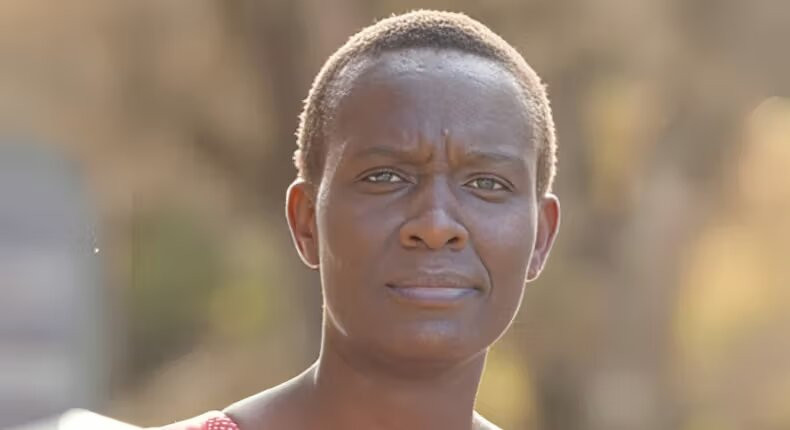Pastor Elizabeth Mokoro has delivered a compelling message to couples preparing for marriage, urging them to reconsider the trend of extravagant weddings. She emphasized that the elaborate white wedding ceremony, often seen as a societal norm, is not a necessity. According to her, what truly matters is the commitment made before God and the community, rather than spending large sums to impress others.
During a recent church service, Pastor Mokoro questioned the pressure many feel to host grand white weddings. She challenged the belief that a lavish ceremony is a must-have and encouraged couples to focus on the essence of marriage—the vows and the spiritual union. She highlighted that a wedding can be simple and still deeply meaningful, pointing out that a marriage officiated by an authorized pastor within a short ceremony is enough to unite two people in holy matrimony.
Pastor Mokoro discouraged couples from spending excessively on weddings, noting that the legal marriage certificate is a government document rather than a church requirement. She suggested that money often spent on costly celebrations could instead be better invested in building a solid foundation for their new life together. Her message was clear: the couple’s relationship and vows before God should take precedence over appearances and social expectations.
A major concern Pastor Mokoro raised is the common practice of borrowing or fundraising to finance extravagant weddings. She warned against the dangers of going into debt or using contributions from friends and family meant to support the couple’s future rather than to fund an expensive party. The pressure to match costly items, like an expensive wedding cake, often leads couples to burn through funds they cannot afford to lose, which she strongly advises against.
Pastor Mokoro also shared her personal perspective on financial responsibility, stressing that spending huge amounts on a wedding without any investments or savings is impractical. She expressed hope that wealthy individuals would one day set a positive example by choosing modest, meaningful weddings, encouraging others to do the same. This, she believes, would help shift societal expectations and reduce the financial burden on young couples.
Reactions to her message have been mixed. Some agree that weddings should be about love and commitment rather than flashy displays of wealth, while others feel that those with financial means should have the freedom to celebrate grandly if they choose. Others have voiced frustration with the common practice of being asked to contribute money for other people’s weddings, highlighting how exhausting and burdensome it can be.
Beyond weddings, Pastor Mokoro also shared her views on women’s grooming habits, cautioning men against giving women money to spend at salons. She described this as a negative influence and discouraged women from elaborate hairstyles, advocating instead for simple and natural looks that do not cause stress. Her comments on hairstyles like dreadlocks and plaiting were particularly strong, labeling them as influences that should be avoided.
Overall, Pastor Mokoro’s message is a call to return to the fundamentals of marriage—commitment, love, and faith—without being distracted by costly celebrations or societal pressures. She encourages couples to prioritize their future together over the need to impress others, reminding everyone that the true essence of marriage is the bond formed before God and community, not the size of the party.

